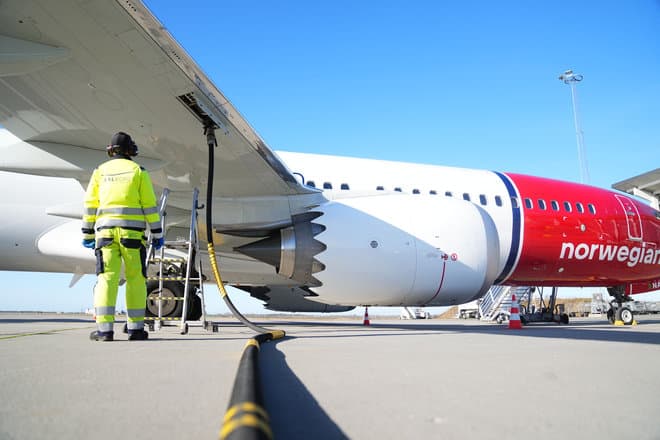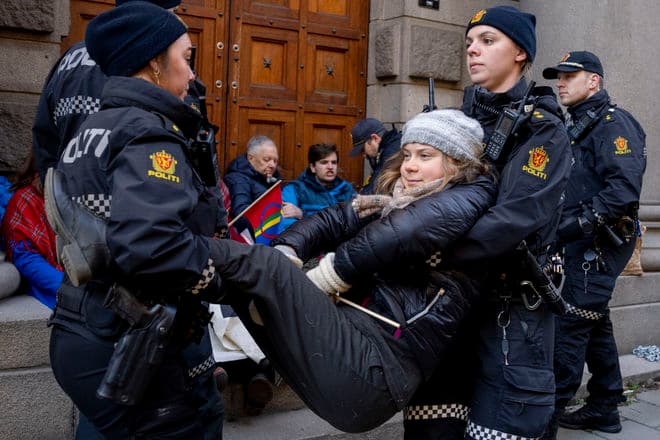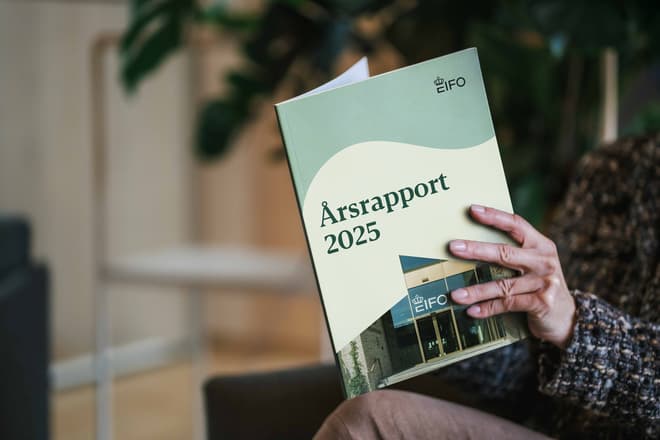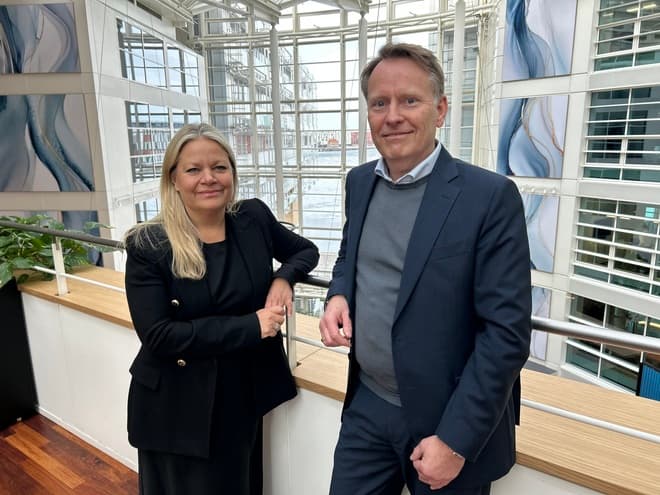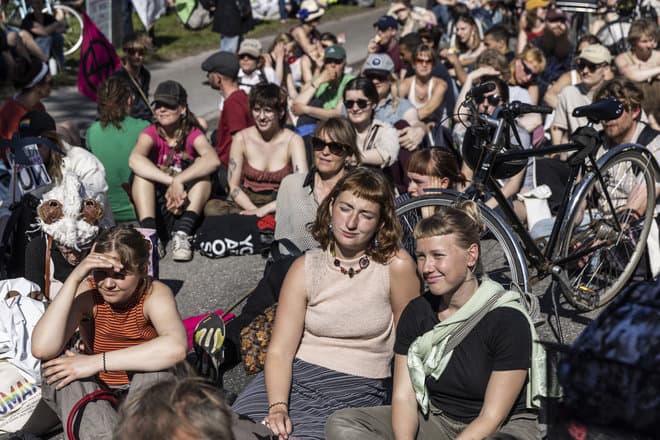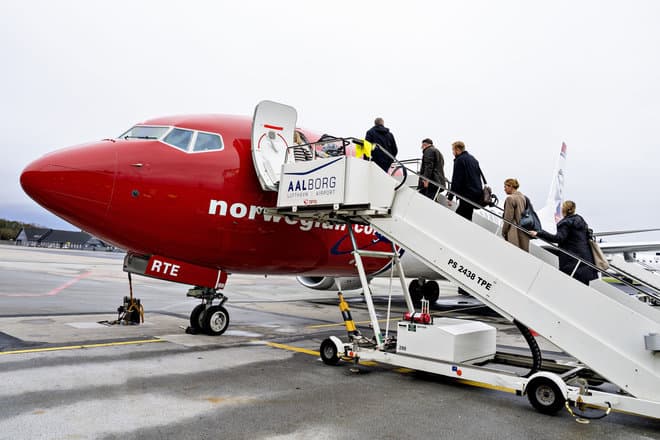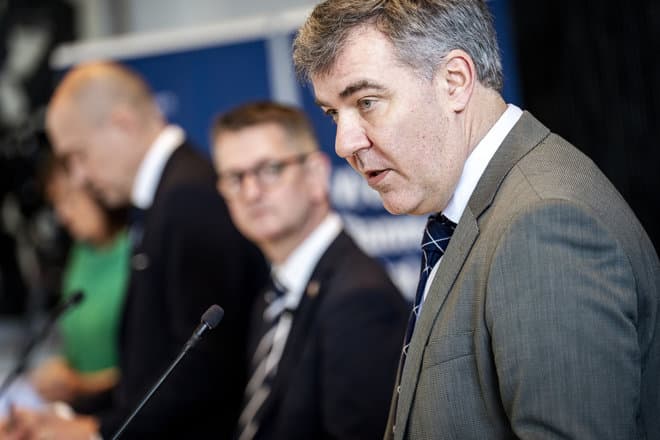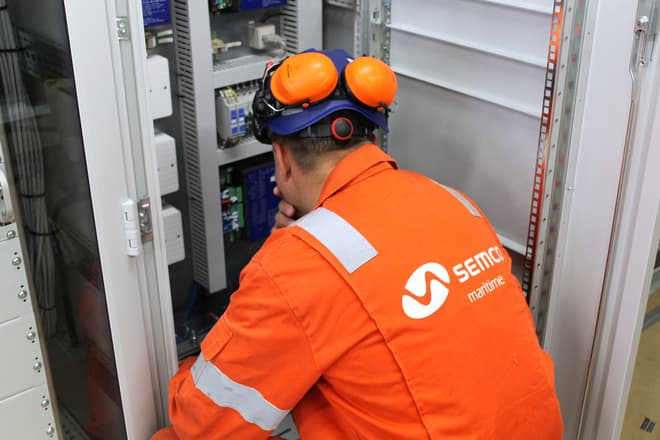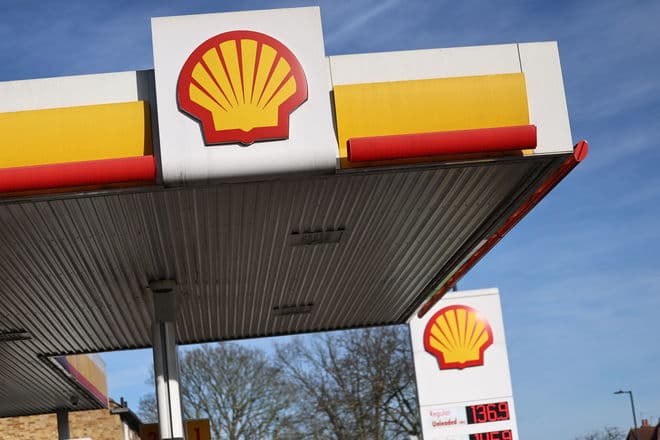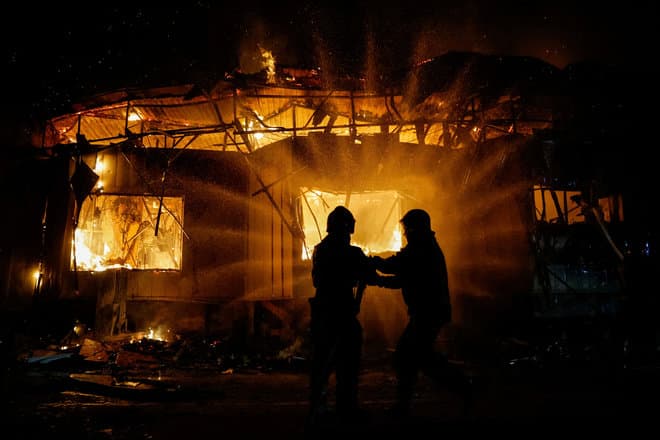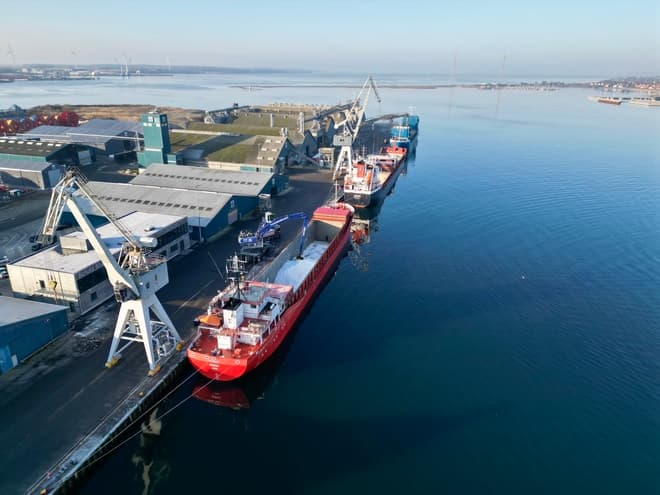
From Friday, Russia will be paid for gas in the country's own currency, rubles. President Vladimir Putin has signed a decree on the matter, he said in a speech on Thursday. Contracts will be terminated if payment is not made, he added, according to Reuters.
Putin is demanding that countries that want to buy Russian gas open accounts in rubles in Russian banks. It is from these accounts that the gas must be paid for from April 1.
- If those payments are not made, we consider it a breach by the buyers. This means that existing contracts will be stopped, Putin said.
He added that if the buyers meet the new requirements, Russia will continue to supply gas in the agreed volume and at the agreed price. Immediately after Putin's announcement, the governments of Germany and France rejected the Russian demand.
Germany's Economy Minister, Robert Habeck, says that he has not yet seen the decree that Putin claims to have signed. He calls the Russian move an attempt at "blackmail" and adds that Germany is prepared for all scenarios, including a halt to Russian gas supplies to Europe.
French Finance Minister Bruno Le Maire also rejects Russia's demand for payment in rubles, he says, according to Reuters.
Supplies a third of Europe's gas
In total, Russia supplies about a third of the gas that Europe uses. The Danish energy company Ørsted is one of the companies that has a contract with the Russian company Gazprom to buy gas. Ørsted's contract runs until 2030.
Today, Ørsted does not pay in rubles, writes Berlingske, adding that Ørsted had not yet heard anything from Gazprom on Wednesday afternoon about how to technically implement the demand for payment in rubles.
Putin's decision to demand payment in rubles has strengthened the Russian currency. The ruble plunged after Western countries imposed sanctions in the wake of Russia's invasion of Ukraine on February 24.
So far, Western countries have rejected the demand for payment in rubles, saying it violates existing contracts made in dollars or euros.
Ritzau
Text, graphics, images, sound, and other content on this website are protected under copyright law. DK Medier reserves all rights to the content, including the right to exploit the content for the purpose of text and data mining, cf. Section 11b of the Copyright Act and Article 4 of the DSM Directive.
Customers with IP agreements/major customer agreements may only share Danish Offshore Industry articles internally for the purpose of handling specific cases. Sharing in connection with specific cases refers to journaling, archiving, or similar uses.
Customers with a personal subscription/login may not share Danish Offshore Industry articles with individuals who do not themselves have a personal subscription to Danish Offshore Industry.
Any deviation from the above requires written consent from DK Medier.

